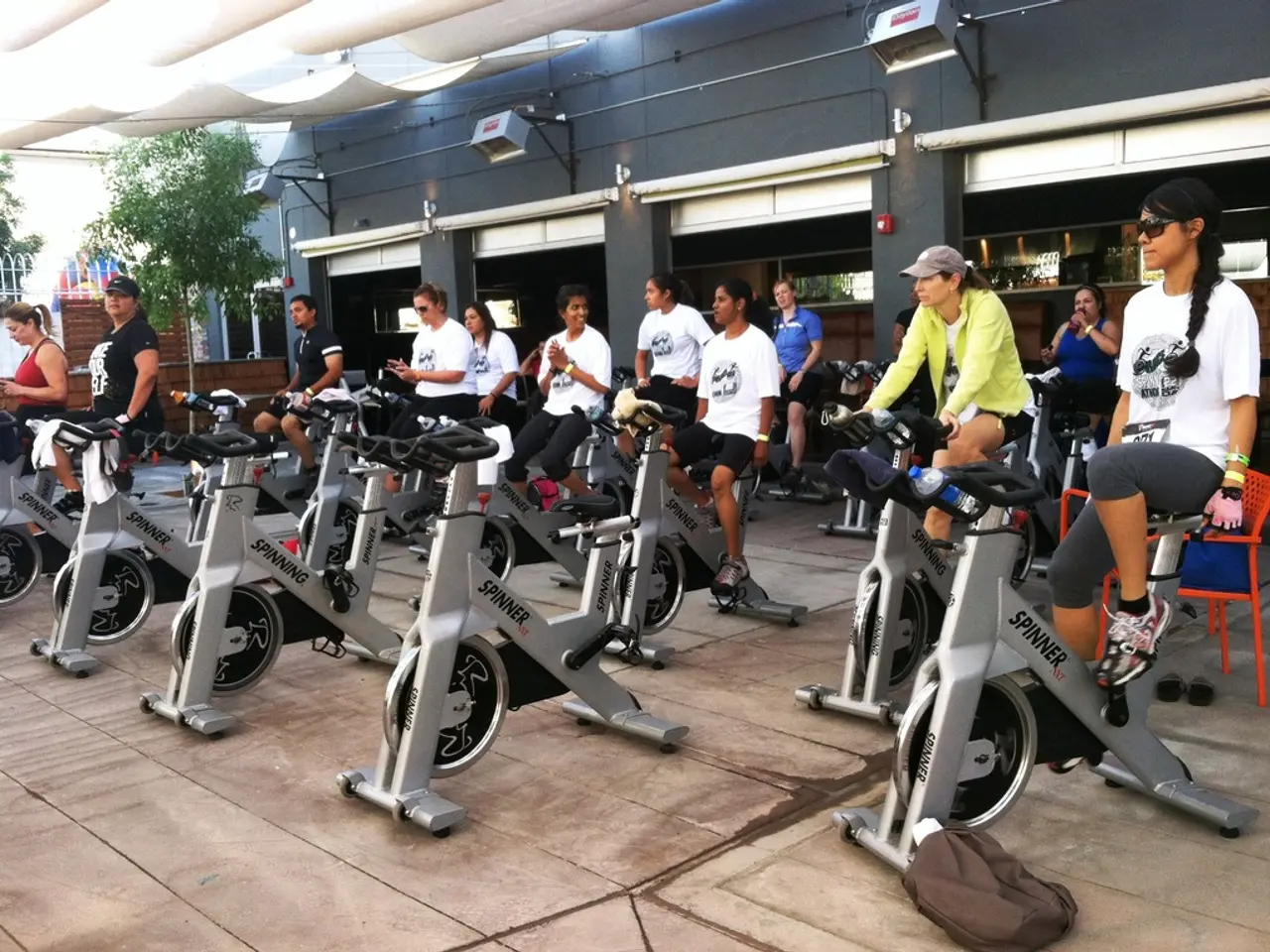Proposal for Assistance to Workers in Scorching Temperatures
**Heatwave Safety Measures for Outdoor Workers Gain Momentum Across Europe**
In response to the increasing frequency and unpredictability of heatwaves, several European countries are taking steps to protect outdoor workers from the harsh conditions.
**Portugal**
Following a recent heatwave in Lisbon where temperatures exceeded 40 degrees Celsius, the PAN Party proposed a measure to enhance safety for outdoor workers. Although the PCP and Chega opposed the proposal, it was approved with votes in favour from the PS, IL, MPT, The Greens, and Bloco de Esquerda, as well as abstentions from several parties and the support of two independent members of Cidadãos Por Lisboa. The proposal did not explicitly address reorganizing urban cleaning workers' shifts to work during lower sunlight hours, unlike some Spanish municipalities.
The Lisbon Municipal Assembly recommended developing a plan to adapt work schedules for municipal workers during heatwaves. Additionally, citizens are advised to wear light-colored, light, and loose clothing, along with hats and UV-protective sunglasses to mitigate sun exposure.
**Spain**
Since May 2023, a decree has been in force requiring employers to adapt schedules and working conditions during extreme heat to ensure worker safety, especially for those working outdoors. The Spanish weather agency AEMET issues special alerts for persistent high temperatures, particularly threatening vulnerable populations. Trade unions have called for stricter enforcement of preventive measures following heat-related deaths among workers.
**Italy**
The Health Ministry has placed several major cities under red alert, prompting regional measures like suspending outdoor work during peak heat hours. Laws partially compensate workers if work is stopped due to heat, but employers must declare the stoppage. Some regions have introduced bans on outdoor labor, with trade unions advocating for nationwide implementation.
**Other European Countries**
Many European countries lack mandatory temperature limits for outdoor workplaces, leaving it to employers to decide on mitigation measures. Belgium and Cyprus are among the few countries that require increased rest in extreme heat and humidity. There is a growing concern over the lack of stringent protections for workers in extreme heat conditions across Europe.
**Recommended Measures**
Scientists recommend developing action plans to reduce the risk of deaths and injuries associated with extreme weather, especially during heatwaves. Adjusting work schedules to avoid peak heat hours can significantly reduce the risk of heat-related illnesses. Providing workers with appropriate protective gear like hats, sunglasses, and light-colored clothing is crucial. Ensuring access to plenty of water and resting periods in shaded areas can help prevent heatstroke.
While some countries are taking steps to address heatwave safety, there is a need for more comprehensive and enforceable regulations to protect outdoor workers across Europe. The absence of any reference to initiating negotiations with labor unions in the Portuguese proposal has raised concerns among parties like the PCP. Chega, on the other hand, considers the PAN's proposal as more about climate change activism.
- Following Portugal's proposal to enhance safety for outdoor workers during heatwaves, there is a need for environmental-science researchers to collaborate with workplace-wellness advocates to develop more comprehensive action plans that incorporate the latest findings on heat-related health risks.
- Amidst growing concerns over the lack of stringent protections for outdoor workers in extreme heat conditions across Europe, it is crucial for countries like Portugal to recognize climate-change as a contributing factor and prioritize the implementation of measures that consider the long-term effects of global warming on workplace health and safety.
- As more European countries adopt measures to protect outdoor workers during heatwaves, there is an opportunity for health-and-wellness initiatives to collaborate with news outlets to raise awareness about the importance of these measures, sensitize the public on the risks of heat-related illnesses, and advocate for the adoption of such protective measures in countries yet to address the issue.




